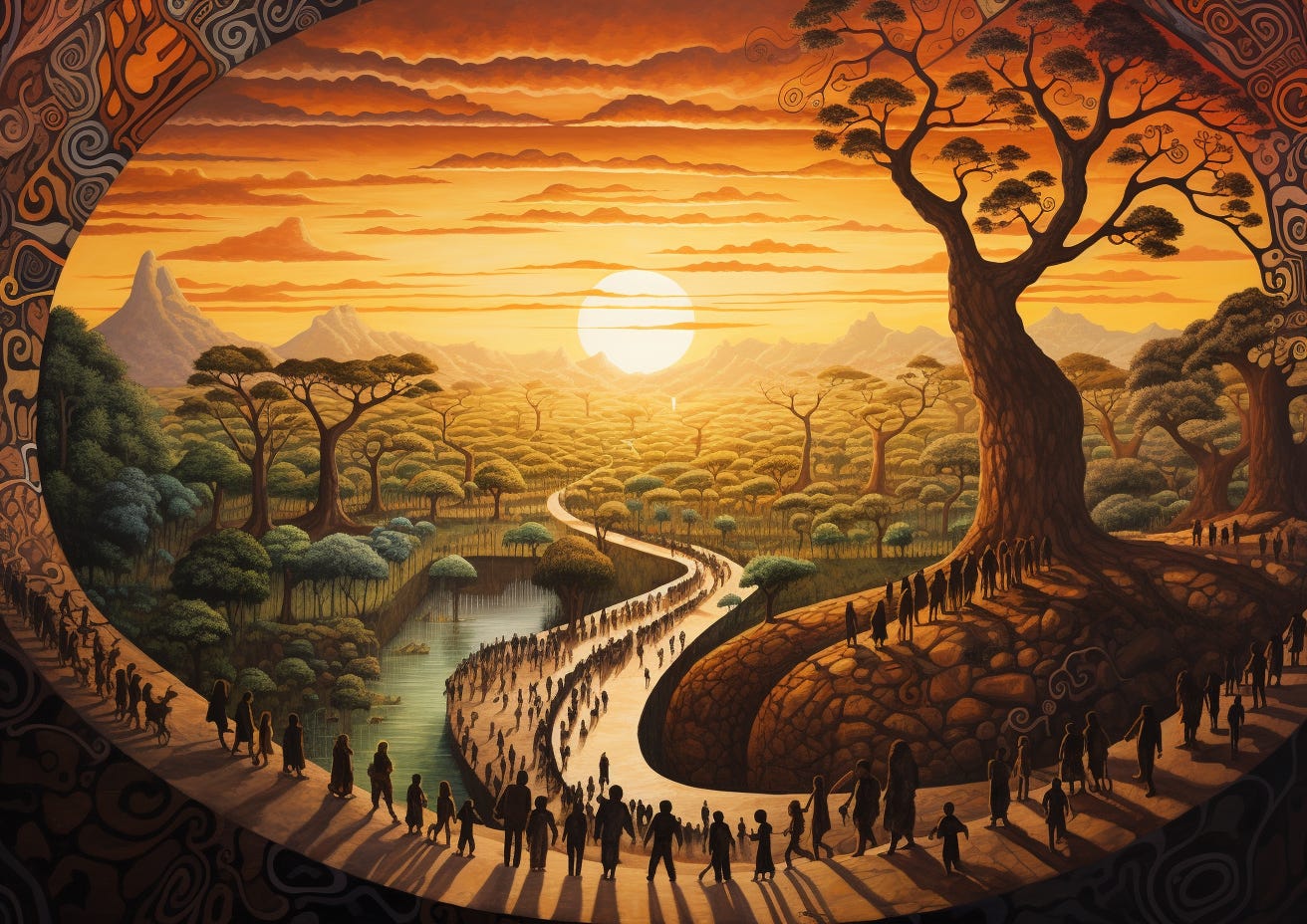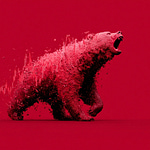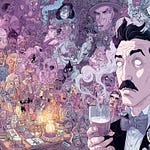In his book Rational Optimist: How Prosperity Evolves, Matt Ridley argues that Homo sapiens overtook the stronger Neanderthals and, indeed, the rest of the animal kingdom, to become the dominant species on earth, by doing something no other animal does – by exchanging things. “There was a point in human pre-history,” he says, when “people for the first time began to exchange things with each other, and that once they started doing so, culture suddenly became cumulative, and the great headlong experiment of human economic “progress” began. Exchange is to cultural evolution as sex is to biological evolution.”
This applies not just to the exchange of objects, but the exchange of ideas, knowledge and information, of skills and services – just about anything. “If I catch the food, you cook it” means that I could specialize in catching – and become better at it – while you specialize in cooking and become better at that. With my superior catching and your superior cooking we both now enjoy considerably better lifestyles. Mankind also progresses through the subsequent improvement of catching and cooking techniques, which are then passed on to t he next generation.
There is an exchange taking place right now. You are reading my material. I benefit from your eyeballs and the increased awareness of my work that every writer so desperately craves. You are benefitting from my words in that you might find entertainment, interest or wisdom in them.
We are only able to do what we do today because of what was done in the past. It is only because of the cumulative work of millions of people – from Steve Jobs to Alan Turing to Shakespeare to millions of people who I’ll never know or even hear of – that I am able to write this essay on this Mac. I don’t know how to build a Mac, I don’t know how to extract the oil necessary to manufacture its component parts; I can’t make paper or ink or printing presses, yet, because of the cumulative effects of the exchanges of millions of people, I’m now able to exchange my work – itself the product of studying the work of many others – with you.
The collective intelligence of mankind is far, far greater than what can be held in the mind of even the brightest individual that ever lived. That collective intelligence keeps on growing. There is no limit to it. ‘The extraordinary thing about exchange,’ says Ridley, ‘is that it breeds: the more of it you do, the more of it you can do. And it calls forth innovation.’ The more we exchange, the more we progress. This accumulation of intelligence over generations has led to a situation where, even a hundred years ago, to quote the French philosopher Ernest Renan, ‘The simplest schoolboy is now familiar with truths for which Archimedes would have sacrificed his life’.
But the reverse applies as well. The less we exchange, the less we progress. Exchange is limited under oppressive, totalitarian or bureaucratic regimes, which is why they are overtaken by freer neighbours. When we stop exchanging altogether, there is regression.10,000 years ago, as Ridley argues, rising seas cut off Tasmania from mainland Australia. Isolated, the possibilities for exchange diminished. Technologically, the Tasmanian people actually regressed.
It follows, therefore, that for individuals, families, communities, nations – indeed mankind – to prosper and progress, conditions need to be as conducive as possible for trade and exchange. It really is that simple. That should be the primary agenda of every policy-maker and leader in the world: to create an environment conducive to exchange. This means a marketplace where, from tax to tariff to bureaucracy, there are as few barriers to exchange as possible. It means a marketplace where there is trust and confidence. It means a market in which ownership of property is secure. It means a marketplace where participants can operate without coercion or crime; where good practice is rewarded with success and bad practice meets with failure. It also means a marketplace whose medium of exchange – money – is dependable.
I’m talking, of course, about a free market.
Until next time,
Don’t forget to check out Wednesday’s piece, if you missed it:













